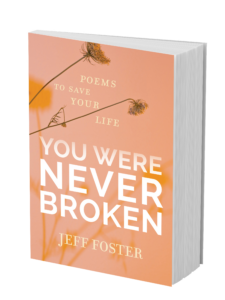A few months ago, I found when getting up from the table that I could no longer walk. A meniscus had ruptured and wedged itself against my knee joint. It was very painful, but luckily, thanks to my friends, I was able to get an MRI that same day and be operated on the following day. For the operation, whether I liked it or not, I had to submit to a general anesthesia, and I remained unconscious a little less than two hours.
Unexpectedly, when I woke up, I had a very enriching experience. I had the impression of not being completely there. I was in a light and luminous state of mind. My first thoughts went toward my spiri- tual teachers. For a good hour, their presence illuminated my mental landscape. I experienced a state of bliss, of devotion, and unalloyed trust. I was alone in my room, and I began softly to chant verses that reminded me of my teacher. My thoughts also went to other people who are dear to me.
I said to myself that if things go this well at the time of death, it won’t be too bad! Could anesthesia be a kind of dress rehearsal for dying? Could such a moment show us what is present in the profoundest depths of our mind when the thought processes that clutter the field of consciousness have been silenced? All in all, I was very glad to have gone through this anesthesia experience.
Later, I wondered if such experiences could be revealing about our basic nature. This feeling of lightness and bliss could perhaps result from not immediately reifying the world around us when waking up from the anesthesia. At that moment the mind is not yet distorted by myriad conceptual constructs. This is the antithesis of dwelling on thoughts; it is perfect simplicity. I felt like a young child discovering the beauty of life with a fresh and transparent mind.
— Matthieu Ricard
Toolbox for Opening Ourselves to Our Deeper Nature
MATTHIEU RICARD:
Keep your mind open. Experience the key moments in life with an open mind, welcoming the range of constructive possibilities for oneself and others.
Discriminate. Let what really counts come to the surface from the profoundest depths of consciousness.
Be confident. No matter what happens, you will find a way to utilize adverse circumstances as catalysts for making progress on the spiritual path and for manifesting greater compassion toward those around you.
Inhabit the space of interdependence. Resituate the events that affect you in the much larger context of the interdependence of all beings and all things, who like you, experience countless joys and sorrows.
ALEXANDRE JOLLIEN:
Contemplate the little persona that you play all day long. Look at the labels, the functions you use to define yourself. Examine the outfit that you dress up in from morning till night so that you can go naked to meet your deeper nature.
Be aware of the heavy weight of education, of the mass of prejudices, of the heap of illusions that have ended up as an overlay on reality. Just identify this factitious layer so that you can take in daily life as it is without the intervention of ego, of concepts, and of the thousand expectations that shape your world.
Discover the deep personal aspirations that inhabit you. What do you expect out of life? What is it that you are running after so avidly?
Accept losing your grip. Ego defends its territory tooth and nail. It sets up boundaries, busies itself delimiting its world. In its folly, it isolates us, confines us to solitude, to distance. Opening your heart, going beyond the bounds of narrow individuality, means facing the experience of leaping into the void, of swimming in the open sea of freedom.
CHRISTOPHE ANDRÉ:
Discover your inner resources. The deeper nature we have been talking about is not just a theoretical matter, but a very practical one. We should do our best never to forget all the strengths and resources we have within us. They are not an illusion. Our mindset is such that we quite often underestimate our personal capacity to deal with adversity. And then there are the strengths and resources all around us, the help and inspiration that others can supply us. We are better equipped than we think. To access these resources within us and outside us, the best thing is not to shrink back into ourselves and dwell on our fears and bitterness or on our certainties, positive or negative.
What if nothing happens? What if no tangible sign of the existence or emergence of our deeper nature comes along? Well, it’s not that serious! In any case, it’s there. Let’s just not forget to live, act, love, work, and enjoy ourselves; to help others the best we can; and to continue to be open to this profound and universal aspect of ourselves that we all have within us.
This is excerpted from the newest book from Matthieu Ricard, Christophe André, and Alexandre Jollien, Freedom For All Of Us: A Monk, A Philosopher, and a Psychiatrist on Finding Inner Freedom.

Matthieu Ricard is a Buddhist monk, a photographer, and a molecular geneticist who has served as an interpreter for the Dalai Lama.
Christophe André is a psychiatrist and one of the primary French specialists in the psychology of emotions and feelings.
Alexandre Jollien is a philosopher and a writer whose work has been attracting an ever-growing readership. Together, they are the authors of In Search of Wisdom and Freedom For All of Us.
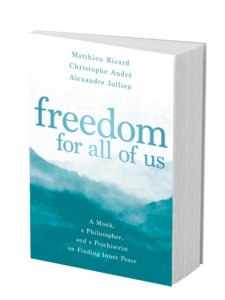
Learn More
Sounds True | Amazon | Barnes & Noble | Bookshop | IndieBound





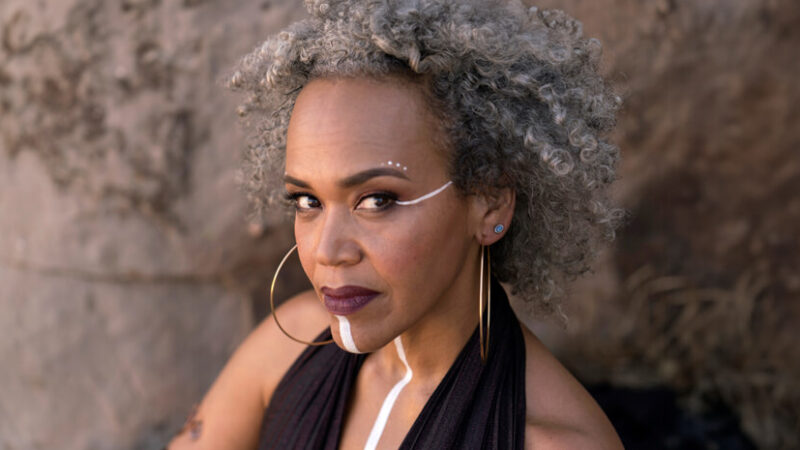
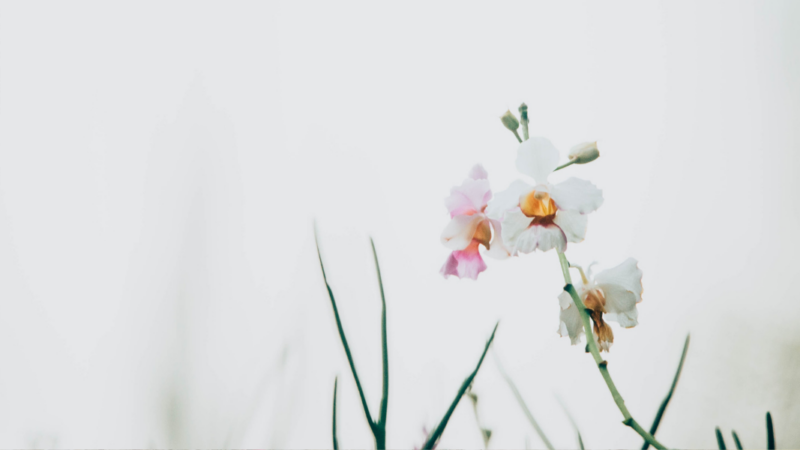
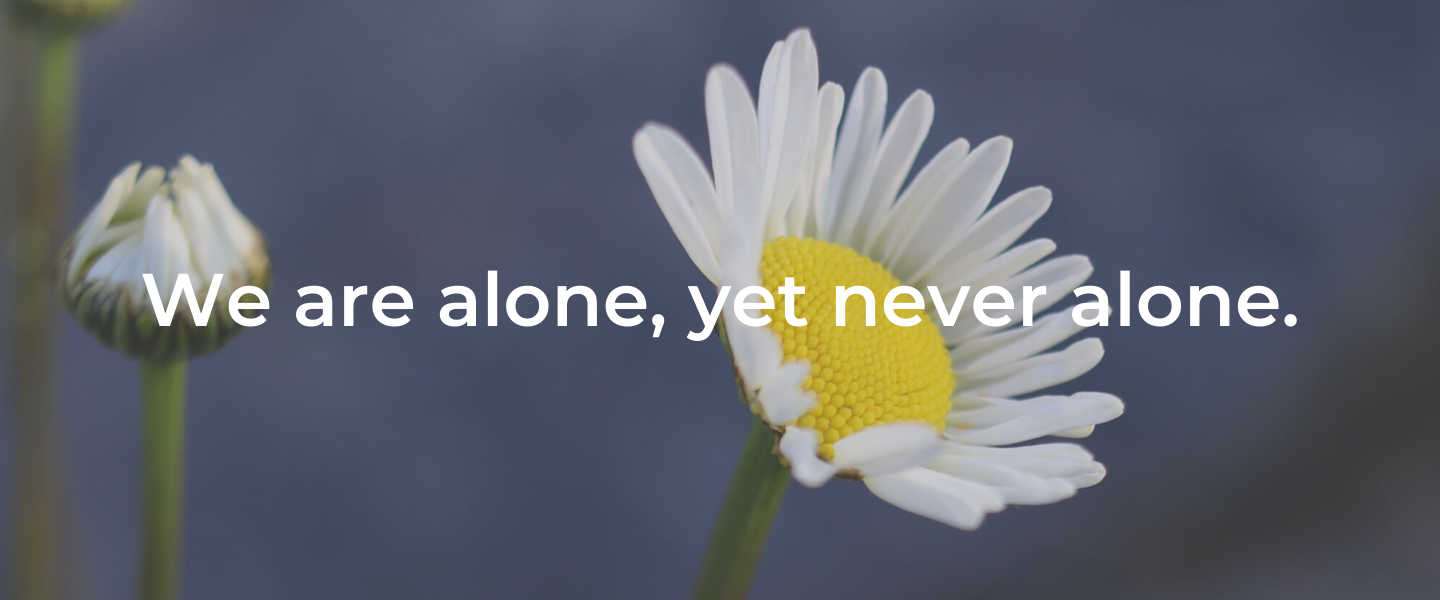
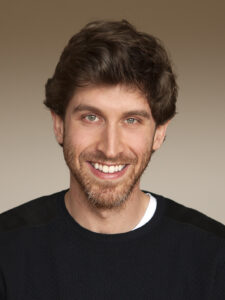 Jeff Foster
Jeff Foster